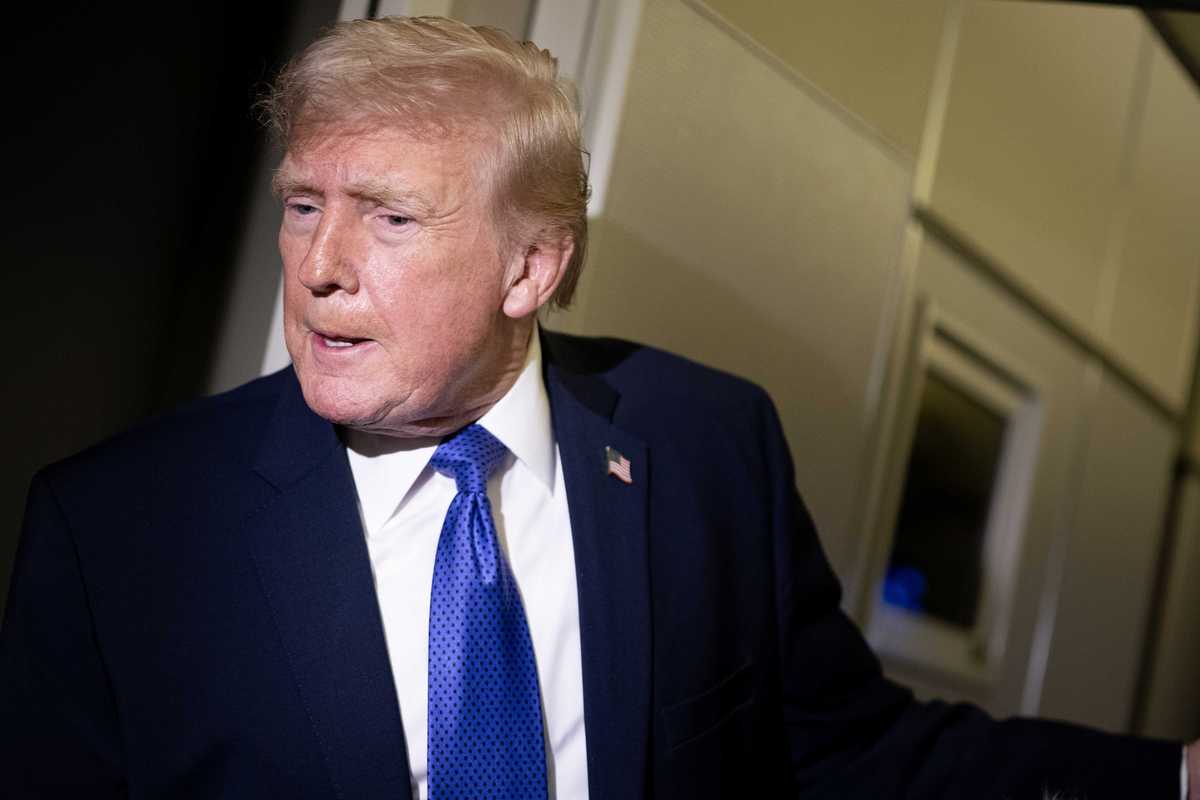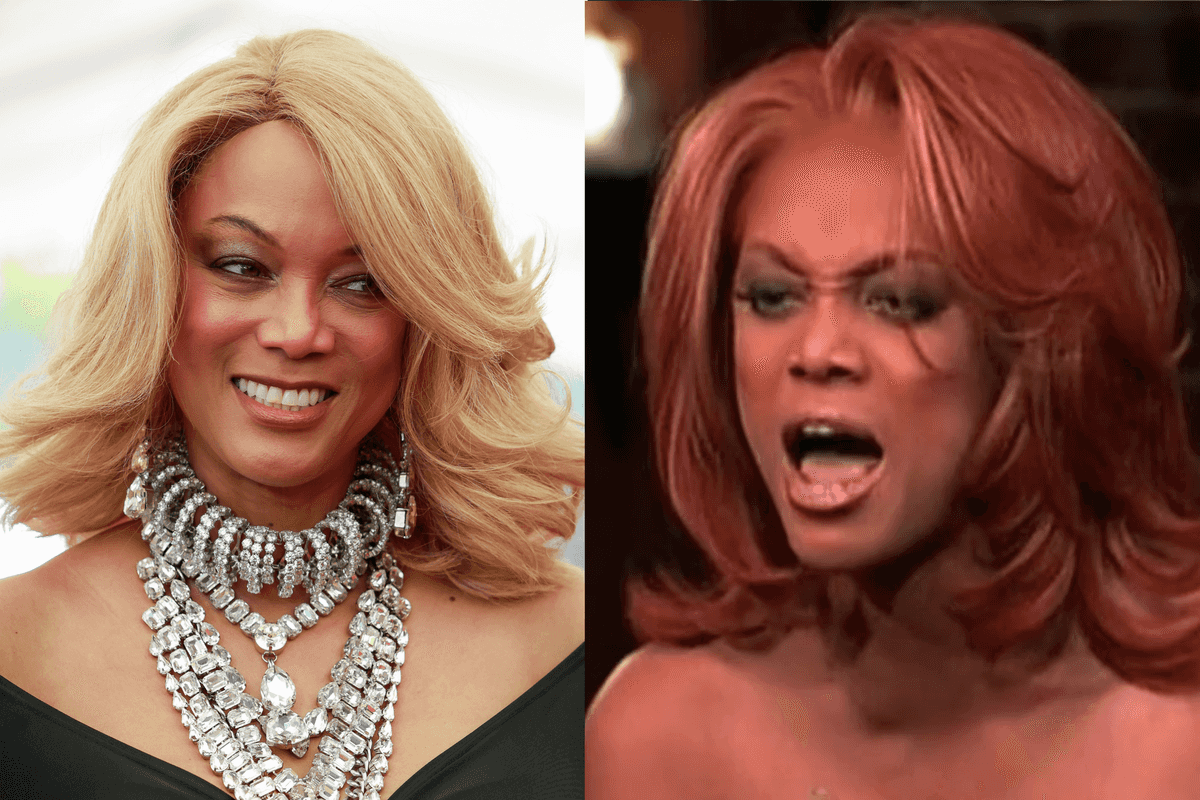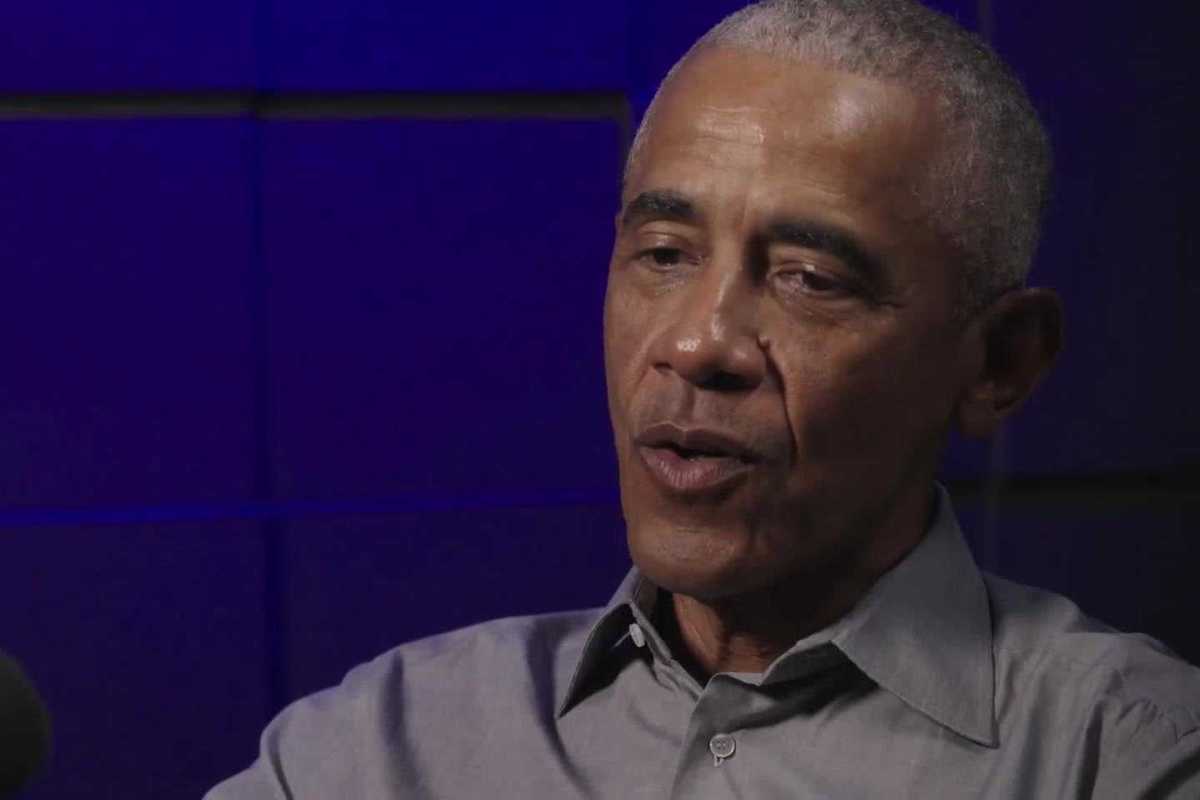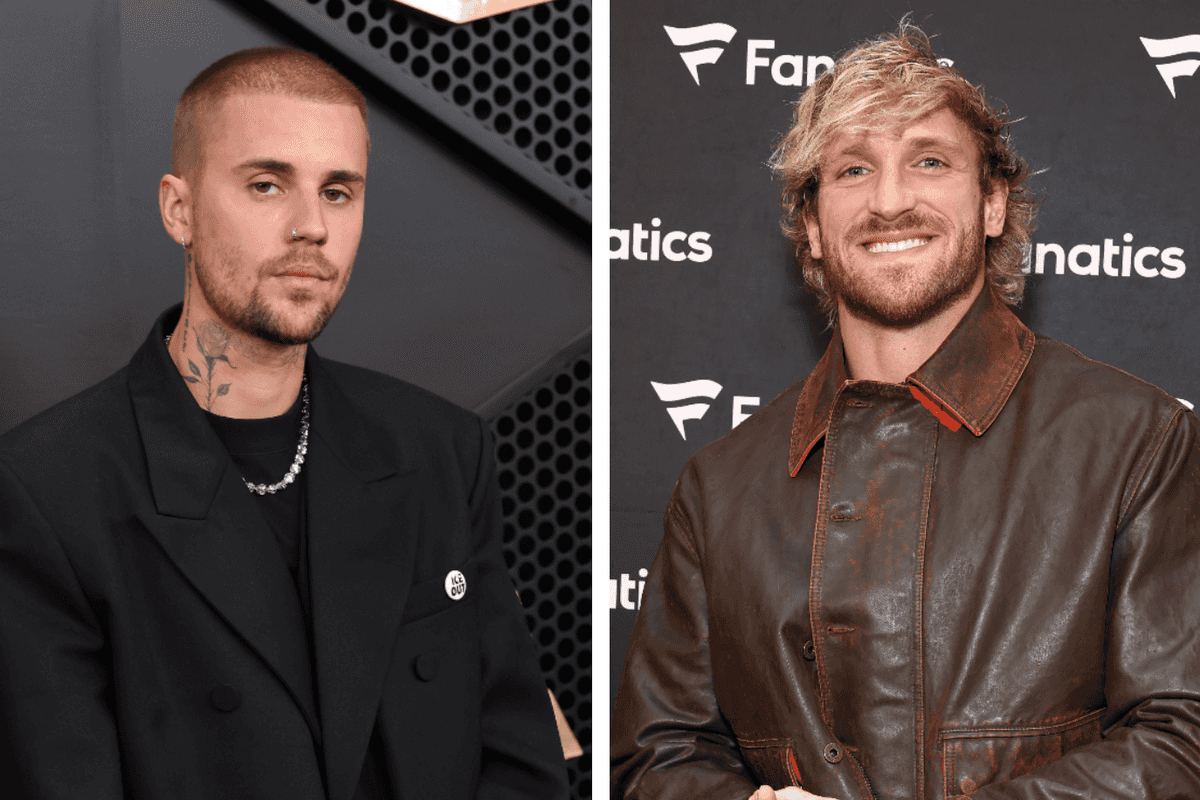News
Greg Evans
Jul 10, 2018
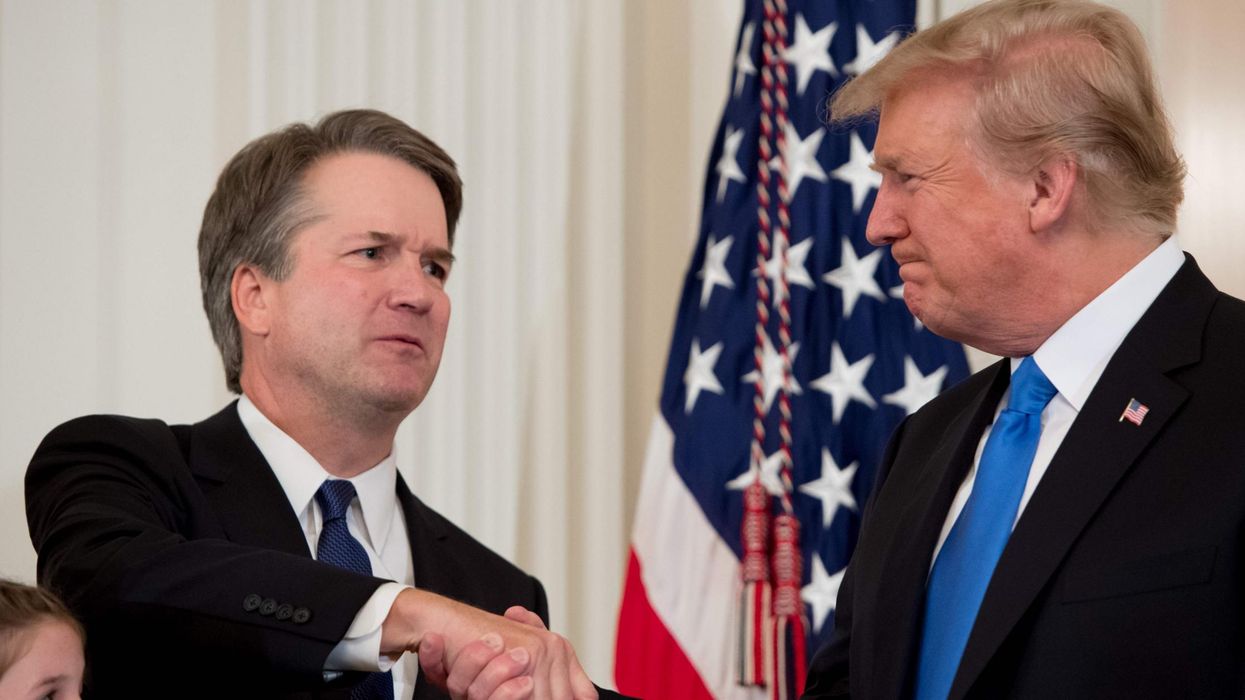
Picture:
SAUL LOEB/AFP
Yesterday Donald Trump announced judge Brett Kavanaugh as his choice for the Supreme Court.
The decision, which is likely to be one of the most significant in Trump's presidency, means he will replace the retiring justice Antony Kennedy.
It has been speculated the Trump chose Kavanaugh as thanks to evangelical Christians and other religious groups who have supported him thus far.
The 53-year-old Republican currently sits on the US Court of Appeals for the District of Columbia and was previously the White House Staff Secretary for George W. Bush.
Kavanaugh's appointment has already attracted opposition from other senators who are aiming to block Trump's selection in the hope that he will make a more moderate selection.
Kavanaugh is now likely to be more receptive to conservative votes and may seek to overturn current abortion rights and favour support for capital punishment.
During his 12 years as a judge on the US Court of Appeals for the District of Columbia Circuit, he wrote around 300 opinions - many of which would fall in line with some of Trump's policies.
Here are a few quotes from Kavanaugh which may help give you a better insight on where he stands on many issues regarding the American people right now.
On abortions...
Although he supports Roe v. Wade and in 2006 vowed to follow it "faithfully and fully", he doesn't believe the teenage immigrants who are in US custody should have the same rights.
In a 2017 hearing he said:
The minor is alone and without family or friends. She is in a U.S. Government detention facility in a country that, for her, is foreign. She is 17 years old. She is pregnant and has to make a major life decision.
Is it really absurd for the United States to think that the minor should be transferred to her immigration sponsor — ordinarily a family member, relative, or friend — before she makes that decision?
And keep in mind that the government is not forcing the minor to talk to the sponsor about the decision, or to obtain consent. It is merely seeking to place the minor in a better place when deciding whether to have an abortion.
On gun laws...
Given the current discussion regarding gun laws in America, it's worth pointing out that Kavanaugh is a supporter of the Second Amendment and semi-automatic rifles, in particular.
In 2011 he was quoted as saying:
Semi-automatic rifles, like semi-automatic handguns, have not traditionally been banned and are in common use by law-abiding citizens for self-defence in the home, hunting, and other lawful uses. Moreover, semiautomatic handguns are used in connection with violent crimes far more than semi-automatic rifles are ...
On healthcare...
Kavanaugh is likely to be a supporter of Trump's attempts to repeal Obamacare and current healthcare policies in the United States.
In 2011 he upheld the Patient Protection and Affordable Care Act, by arguing that a court shouldn't be deciding issues of this nature.
For judges, there is a natural and understandable inclination to decide these weighty and historic constitutional questions ...
By waiting, we would respect the bedrock principle of judicial restraint that courts avoid prematurely or unnecessarily deciding constitutional questions.
In 2015 he also argued the Obamacare contraception coverage mandate would directly impact people's religious freedoms.
The essential principle is crystal clear: When the government forces someone to take an action contrary to his or her sincere religious belief... or else suffer a financial penalty... the government has substantially burdened the individual's exercise of religion. So it is in this case.
On LGBT+ rights...
Kavanaugh does not have much of a record on LGBT+ rights but has worryingly shown support for groups and religious organisations which would be traditionally conservative.
Following his selection, LGBT+ rights groups began voicing their concern and opposition. In a statement published by Advocate, Human Rights Campaign president Chad Griffin said:
In nominating Brett Kavanaugh, Donald Trump has followed through on his threat to nominate a justice who would undermine LGBTQ equality, women’s reproductive rights and affordable healthcare.
Now, the Senate has a responsibility to fulfill its constitutional duty, serve as a check on this reckless president and reject Brett Kavanaugh’s nomination.
This nominee was hand-picked by anti-LGBTQ, anti-choice groups in an explicit effort to undermine equality — and the prospect of a Justice Kavanaugh threatens to erode our nation’s civil rights laws, block transgender troops from bravely serving this nation and allow a license to discriminate against LGBTQ people in every aspect of American life.
The 2018 midterm elections just became the most consequential elections of our lifetime, and we must seize the opportunity to pull the emergency brake on this regime. We need to vote this November like our lives depend on it — because they do.
On the collection of personal data...
The controversy of the NSA's collection of phone metadata was supported by Kavanaugh as he believed it to be constitutional.
In 2015 he said:
In my view, the government’s metadata collection program is entirely consistent with the Fourth Amendment...
The government’s collection of telephony metadata from a third party such as a telecommunications service provider is not considered a search under the Fourth Amendment...
On pollution...
Given Trump's questionable approach to global warming and pollution, he may have found a powerful ally in Kavanaugh who has attempted to put roadblocks in the way of many EPA policies.
In 2014 he argued that the EPA should consider businesses' costs when creating anti-pollution regulations:
In my view, it is unreasonable for EPA to exclude considerations of costs in determining whether it is ‘appropriate’ to impose significant new regulations on electric utilities...
To be sure, EPA could conclude that the benefits outweigh the costs. But the problem here is that EPA did not even consider the costs.
In 2012 when discussing the EPA rule which would regulate inter-state emissions he stated that it was not "our job to set environmental policy".
Congress could well decide to alter the statute to permit or require EPA's preferred approach to the good neighbour issue.
Unless and until Congress does so, we must apply and enforce the statute as it’s now written.
Our decision today should not be interpreted as a comment on the wisdom or policy merits of EPA’s Transport Rule. It is not our job to set environmental policy.
Our limited but important role is to independently ensure that the agency stays within the boundaries Congress has set. EPA did not do so here.
On net neutrality...
In 2017, when discussing the topic of net neutrality, Kavanaugh declared the policy to be unlawful:
The net neutrality rule is unlawful and must be vacated, however for two alternative and independent reasons.
First, Congress did not clearly authorise the FCC to issue the net neutrality rule...
Second and in the alternative, the net neutrality rule violates the First Amendment to the U.S. Constitution.
On consumer rights...
In 2017 he sought to undermine the CFPB's power and efforts to protect consumers against bad lenders and corporations.
The CFPB's concentration of enormous executive power in a single, unaccountable, unchecked director not only departs from settled historical practice, but also poses a far greater risk of arbitrary decision-making and abuse of power, and a far greater threat to individual liberty, than does a multi-member independent agency.
On presidential investigations...
This quote will probably be the most telling of all, as Kavanaugh believes that no standing president should be distracted by investigations and should be exempt from criminal prosecution.
From a 2009 article for Minnesota Law Review:
In particular, Congress might consider a law exempting a president — while in office — from criminal prosecution and investigation, including from questioning by criminal prosecutors or defence counsel.
Criminal investigations targeted at or revolving around a president are inevitably politicized by both their supporters and critics...
The indictment and trial of a sitting president, moreover, would cripple the federal government, rendering it unable to function with credibility in either the international or domestic arenas.
Such an outcome would ill serve the public interest, especially in times of financial or national security crisis...
And a President who is concerned about an ongoing criminal investigation is almost inevitably going to do a worse job as president...
The point is not to put the president above the law or to eliminate checks on the president, but simply to defer litigation and investigations until the president is out of office.
HT Bustle
More: Donald Trump 'banned' from Sheffield, says city's lord mayor
Top 100
The Conversation (0)
